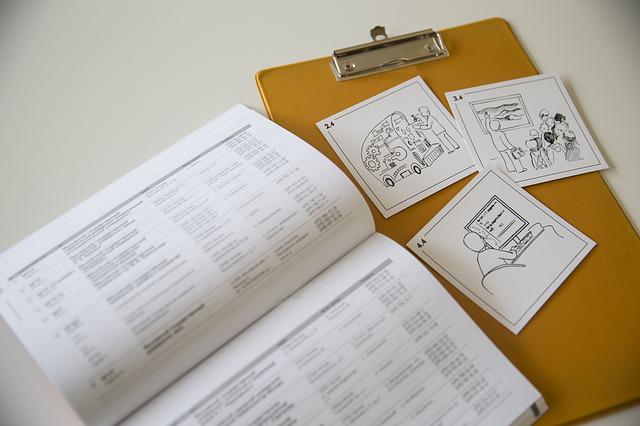
It is not difficult to see that work history can be very different over the course a person’s life. According to a survey by the Bureau of Labor Statistics, people born between 1957 and 1964 change jobs an average of 5.7 times between the ages of 18 and 24, and two to four times between the ages of 25 and 34. This number drops to 2.9% between the ages 35 and 44, and to 1.9% between 45 and 56. But this trend doesn't necessarily translate into career changes, as the changes may not always be the same.
Gen Z
One of the most important traits of Gen Z workers is their willingness to change career direction if it serves their best interests. According to Gen Zers, 44% would rather be unemployed than work in a position they don’t enjoy. These traits are beneficial to both Gen Z employees as well as employers.
A recent survey showed that nearly 80 percent of Gen Z professionals would consider a total career change, whether in a different industry or a different job function. Half of these young professionals are open to moving to a new place for their new position. Twenty percent of Gen Z workers believe that a job with more variety is attractive.

Millennials
While some people stay true to their job throughout life, others switch careers and try different jobs until they find the right one. There are many reasons why someone might change their career. Here are a few examples: millennials; baby boomers; and the general populace. Most people don't want to be stuck in the same position for their entire lifetime.
Many people move on to better work. Opportunities in education, healthcare and environmental sectors are all common. Some people might wish to change their careers for higher pay. According to the U.S. Bureau of Labor Statistics, an average worker may change jobs five to seven more times during their lifetime. This number will continue to rise over the coming decades. Additionally, career changes are more likely due to a changing economy. People are working longer hours and part-time.
Gen X
The next generation, which will include Gen Z workers, will join the workforce over the next few decades. They have new expectations for their jobs. The average time that millennials and Gen Z workers stay employed for is three years, which is a significant difference from previous generations. This shift is due to their age and stage of life. This will lead them to seek more flexibility in job search, higher pay, and better benefits. Because of this, they won't change their career as often as their Gen X counterparts.
Gen Xers like to have clear expectations and goals when working. This helps them stay motivated. For example, they may ask multiple question to collect project requirements. Once this information is gathered, they will create their plan for the project. They may also provide general guidance to team members if needed.

Baby boomers
Many baby boomers are looking for a new job. They are a highly educated and independent generation. Many of them were raised during times of change and challenged the status-quo. They don’t fear conflict and will challenge all accepted practices. They are dedicated to their careers and goal-oriented.
The career opportunities available to baby boomers are numerous. They know what interests them and what kinda contribution they are looking for. It's a great way for them to expand their knowledge, gain new perspectives and explore other interests. A career change also allows them to explore other industries, different places, and different job roles.